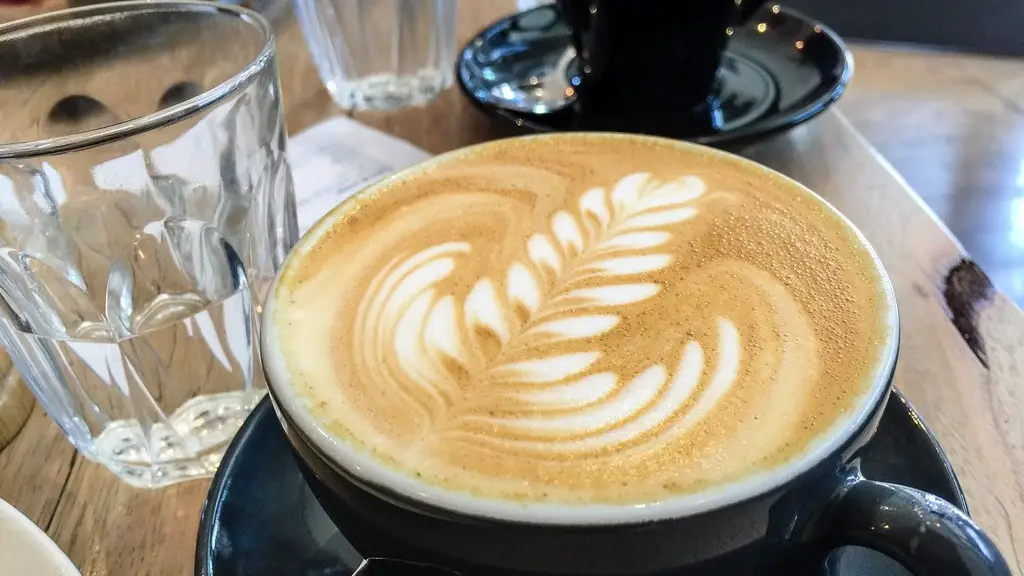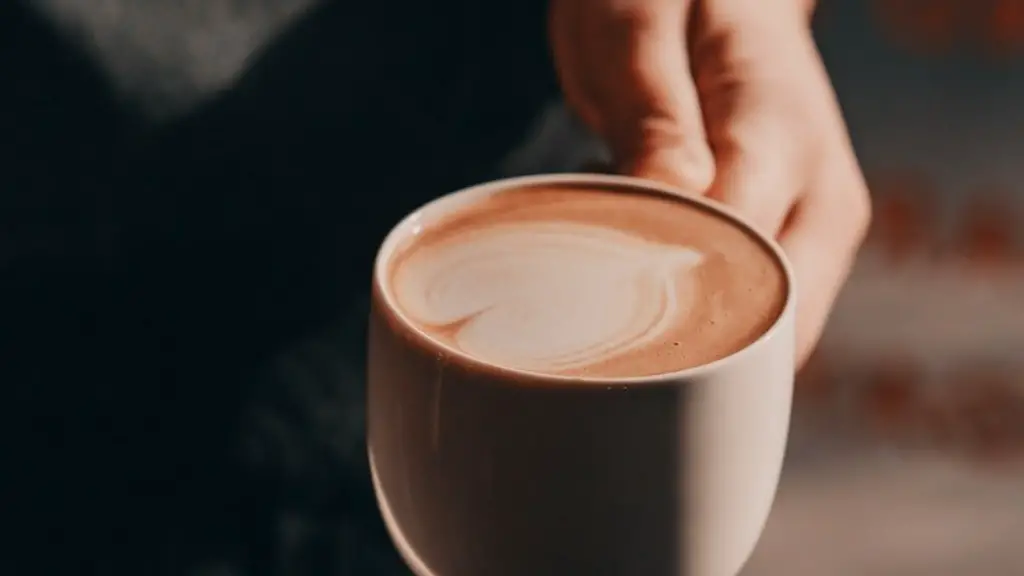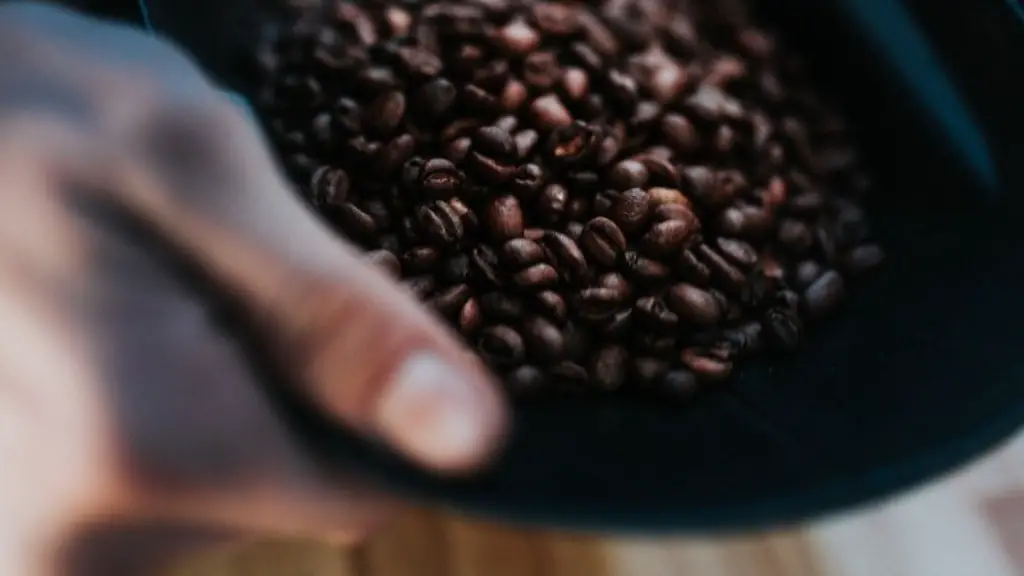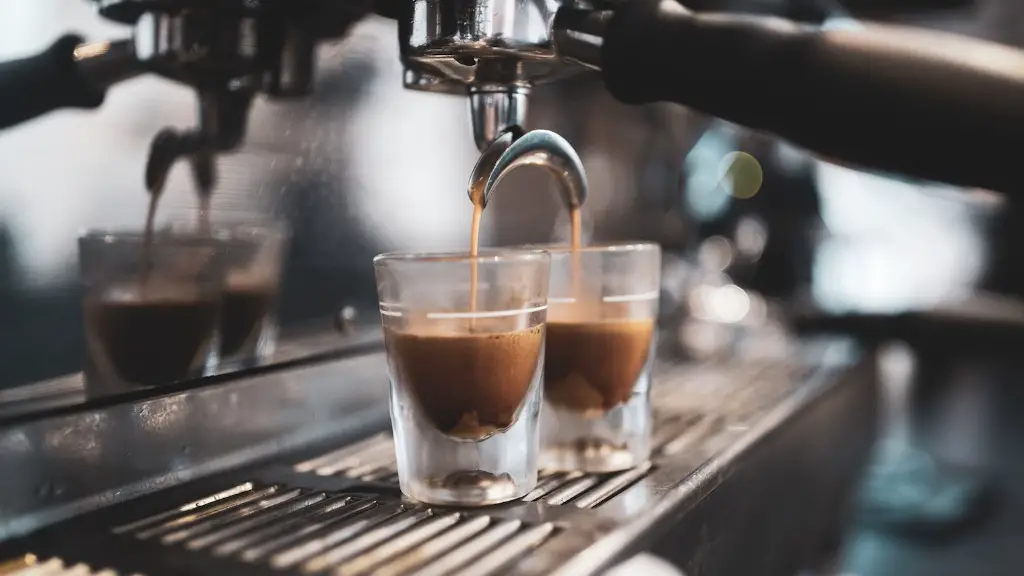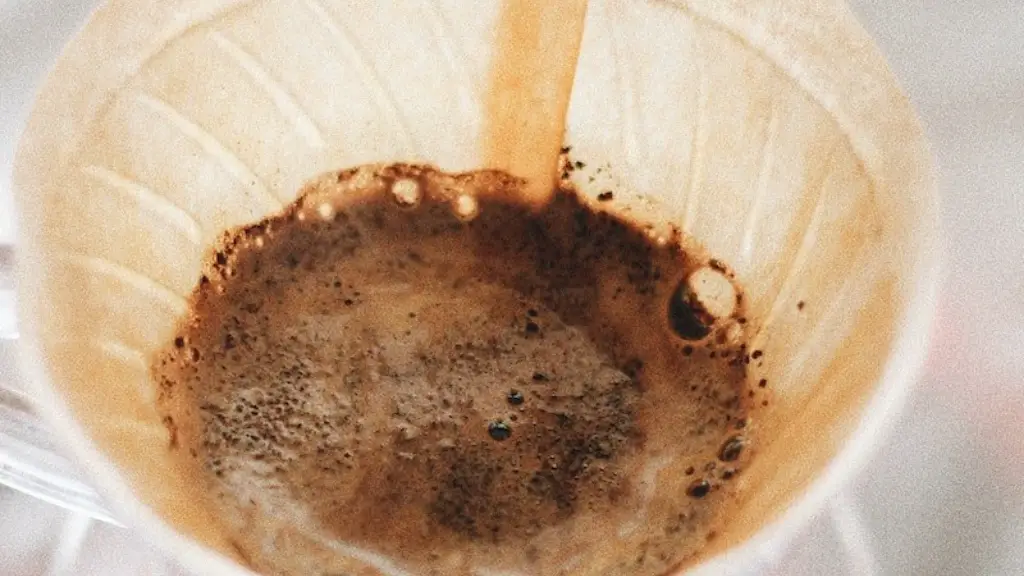Pros of Drinking Coffee During a Fasting Diet
Drinking a cup of coffee during a fasting diet can have numerous benefits. Coffee is known to have thermogenic qualities, which can help the body increase its metabolic rate. This in turn can help to burn more calories and increases fat burning. Also, caffeine is responsible for increased alertness and energy levels, making it easier to stay focused while on a fasting diet.
Drinking coffee while fasting has been endorsed by a number of nutrition experts. Health coach, Kelly LeVeque says, “Having a cup of coffee or tea can be lead to improved energy and alertness levels which can help you stay the course of your fast and keep your metabolism running efficiently.”
Coffee contains antioxidants, which help protect the body from cell damage and diseases. Antioxidants help to decrease inflammation and oxidative stress in the body. Additionally, coffee is a diuretic, which means it helps the body get rid of excess water and salt. This allows for more efficient fat burning and loss.
Coffee can also be used as a tool for appetite control, as it has been known to reduce hunger. One study found that drinking coffee with breakfast cereals decreased hunger and increased satiety, compared to consuming the cereal without coffee.
Furthermore, drinking coffee during a fasting diet may help to reduce hunger and improve energy levels while limiting the amount of food consumed. This can help with weight loss goals and make fasting a more manageable lifestyle.
Lastly, coffee makes a great, low-calorie replacement for sugary or creamy beverages which can quickly break a fast. Instead, enjoy a cup of black coffee when the urge for a sweet treat strikes.
Cons of Drinking Coffee During a Fasting Diet
Even though drinking coffee can be beneficial during a fasting diet, there are some potential drawbacks to consider. For example, caffeine can affect your mood and energy levels, making it harder for you to focus and concentrate. This can be counterproductive, especially when fasting for an extended period of time.
Caffeine can also disrupt sleep patterns and cause dehydration. Moreover, there may be uncomfortable side effects such as nausea, jitters, and headaches, as well as increased heart rate. It is important to take these side effects into account before adding coffee to your fasting diet.
Coffee is a mild diuretic which can make it difficult for the body to absorb important minerals, such as iron and calcium. As a result, those who are fasting may be more prone to nutrient deficiencies and digestive issues. Additionally, coffee can increase stomach acid production, which can become uncomfortable. People with sensitive stomachs should be extra cautious when drinking coffee during a fasting diet.
Lastly, strong coffee and high doses of caffeine should be limited. Even though it can be used to suppress hunger and control cravings, consuming large amounts of coffee could be counterproductive and make it harder for you to reach your weight loss goals.
Ways to Consume Coffee During a Fasting Diet
Although consuming coffee while fasting can have its benefits, it is important to understand that not all forms of caffeine are equal. For example, energy drinks, soda, and processed coffee drinks are generally loaded with sugar and other unhealthy ingredients, and should be avoided.
The best way to consume coffee while fasting is to drink black coffee or espresso. This way, you get the benefits of caffeine without all the added junk. Additionally, consume your coffee in moderation, as excessive caffeine can be counter productive.
Another way to enjoy coffee while fasting is to opt for healthier alternatives, such as herbal teas. These can provide the same benefits as coffee, without the added caffeine. For example, green tea is high in antioxidants and can help to reduce inflammation and boost the metabolism. Additionally, ginger tea and peppermint tea are known for their calming effects, which can help keep hunger pangs at bay.
Finally, make sure to drink plenty of water throughout the day. This way, you won’t feel too parched while fasting. When you do drink coffee, it is best to have it alongside a glass of water. This will help to keep you hydrated and increase the effects of the caffeine.
Risks of Drinking Coffee During a Fasting Diet
Drinking coffee during a fasting diet can lead to certain risks. For example, coffee can improve alertness and energy levels, but it can also lead to increased anxiety and stress. This can make it difficult to stay focused, and it can also lead to more cravings.
Moreover, caffeine can disrupt your natural sleep cycle and make it harder to get a good night’s rest. This can lead to exhaustion and fatigue, as well as feelings of irritability. Additionally, caffeine can increase dehydration and make it harder to stay hydrated.
Caffeine can also interfere with absorption of certain medications or supplements, such as omega-3’s and iron. Therefore, it is important to talk to your doctor before adding caffeine to your fasting diet.
Finally, keep in mind that caffeine is a diuretic and can cause frequent urination. This can be disruptive and can compromise the effects of fasting. Therefore, it is important to be mindful of when and how much coffee you are consuming.
Alternatives to Coffee While Fasting
If you are not a fan of coffee or want to reduce your caffeine intake, there are several alternatives to consider. One of the most popular alternatives is matcha green tea. Matcha is loaded with antioxidants and helps to reduce inflammation and boost the metabolism. It is also packed with nutrients, such as vitamins A, C, and E.
Yerba mate is another popular alternative. This South American beverage is naturally caffeinated, and it is known to help boost energy levels. It is also a great source of minerals and antioxidants.
Ginger and turmeric tea are also beneficial while on a fasting diet. This herbal tea blend is known to improve digestion, reduce inflammation, and improve energy levels. Additionally, it can help reduce feelings of stress and anxiety, making it easier to stay focused.
Chicory root tea is another great option for those who want to avoid caffeine. This tea is naturally caffeine-free and provides a healthy dose of fiber and minerals. Additionally, it is known for its calming effects, which can help to reduce cravings and hunger.
Finally, herbal decaffeinated coffee is a great option for those who still want the taste and smell of a freshly brewed cup of joe. This coffee is naturally decaffeinated and provides all the benefits of normal coffee, without the risk of potential side effects.
Tips for Drinking Coffee During a Fasting Diet
When it comes to drinking coffee during a fasting diet, there are a few tips to consider. For example, it is best to limit your intake of caffeine. Excessive amounts of caffeine can lead to adverse side effects, such as decreased concentration and increased cravings.
Additionally, drinking coffee while fasting should be restricted to later in the day. This will reduce the risk of disrupting your natural sleep cycle and make it easier to focus during the fast.
It is also important to opt for healthier forms of coffee. Instead of sugary beverages such as mocha and latte, opt for a cup of black coffee or espresso. This way, you not only get the benefits of caffeine, but you also consume fewer calories.
Furthermore, make sure to stay hydrated. Drinking water throughout the day will help keep your body hydrated and make it easier to stay alert and focused. Additionally, try to avoid drinking coffee late at night, as this can lead to restlessness and exhaustion.
Finally, be mindful of how you are feeling. If you start to experience adverse side effects from coffee, make sure to reduce your intake and look for alternative beverages.
